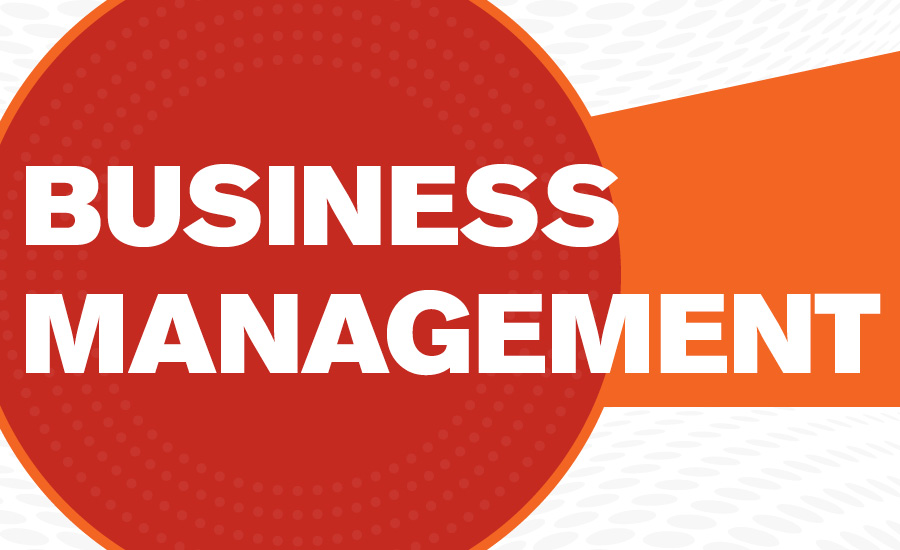Long before President Trump was elected in surprise fashion in November, the House Ways and Means committee quietly put together a plan to modernize our tax system. It was published June 24, 2016, and is known as “A Better Way: Our Vision for a Confident America”, which is available online for review.
Congress held a hearing on May 18, 2017, regarding the current state of the economy and its future. Here are the big takeaways from that session:
John Stevens of AT&T stated, “We no longer live in a world where the U.S. can set a corporate tax rate without considering what our international competition looks like. Countries are vigorously competing against each other to attract investment and jobs, but the U.S. has done little to retain its competitive advantage. When tax reform was passed in 1986, we were competitive with other OECD [Organisation for Economic Co-operation and Development] countries, but over the last 30 years, tax rates in other countries have moved from about 35 percent to about 20 percent.”
The shift in policy position was very pro-trade in the 1980’s and 1990’s. Since then, companies have moved offshore in an attempt to not only find lower wage expenses, but also a favorable tax position as well. In addition, the public’s attitude has changed slightly as evidenced by Donald Trump’s populist election and the British exit from The European Union.
America, going by the numbers, is in a good position right now. Unemployment is low. Gross domestic product is increasing and inflation is low. On the other hand, we’ve seen a number of companies and their headquarters go overseas.
One solution advanced is a border tax where a group of items would be taxed when they are purchased at the point of sale. Domestic products would not have this tax and theoretically, the domestically produced good would have some range of advantage over the imported model. Experts largely disagree on the effect of this, but many countries already have this in their economic model.
Zachary Mottl of Atlas Tool Works Inc. testified, “A destination based profit tax, through sales factor apportionment, should be considered in addition to a destination based cash flow tax. Sales factor apportionment, already in use by the states, would largely eliminate base erosion through profit shifting to tax havens because income is attributed to the tax jurisdiction where the final sale occurred. This would broaden the tax base by as much as 30 percent, thereby enabling lower rates for all businesses. The rates could be applied across all business types. “
While this tax would raise prices for consumers of foreign made goods, the theory is that if we can get more manufacturing facilities and jobs, tax revenue will go up.
David Farr went on further to state, “For more than 60 years, many manufacturers and other business owners have chosen to organize as S corporations or other pass-through entities to benefit from comprehensive liability protection and a single level of federal taxation. Since pass-through business income currently is taxed at individual tax rates, many pass-through manufacturers pay marginal tax rates, upward of 44 percent, when you take into account federal, state, and local taxes.”
Many people are not familiar with pass-through entities. S corporations, limited liability companies, and various other entities are set to pay taxes at the shareholder or member’s tax return only. C corporations, like Ford and GM, are different in that they pay at both levels. Lowering the individual rate would lower taxes for these people, and the money would ripple through the economy and increase tax revenues.
On May 23, 2017, the House Ways and Means committee held a hearing on the Border Adjustment Tax. It was chaired by Kevin Brady, R-Texas. It is the position of the chair that many jobs have left and will continue to leave due to cheaper foreign labor. He has seen 17 companies leave and go overseas and believes this reversal will make Americans more competitive, raising the average middle class paycheck by $5000 annually.
The Ways and Means ranking member, Rep. Richard Neal, D-Mass., stated that he will not support tax cuts for the rich but would like to see international competitiveness. He thinks the idea is “interesting” and expressed significant reservation. Neal pointed to increased expense to the consumer. Such things like gas could go up 35 cents due to this tax. Groceries could go up, and if it is determined if the border adjustment tax is not in compliance with the World Trade Order, there could be retaliation and essentially law suits.
The head of Archer Daniels Midland (ADM) testified that lowering the tax rate would make companies like ADM profit. This value added tax (VAT) would hit consumers hard according to Brian Cornell, Target CEO and board chair. He boasted that Target’s effective rate would go from 35 percent to 75 percent under the value added tax. William Simon, former Wal-Mart President and CEO, stated manufacturing use to be the backbone of the economy and was the ticket to the middle class. It is no longer, and our policies have hollowed out the middle class. Any VAT should be brought in slowly. He went on to say that we do not have substantial manufacturing in America, and it would take time to bring it back.
Publication date: 7/10/2017
Want more HVAC industry news and information? Join The NEWS on Facebook, Twitter, and LinkedIn today!









